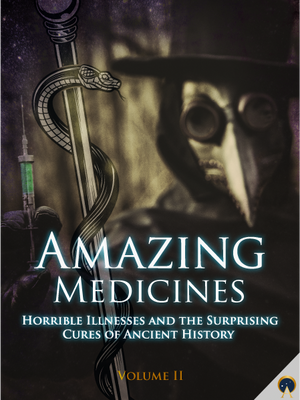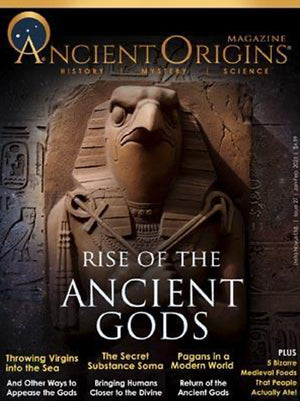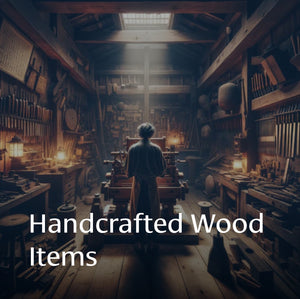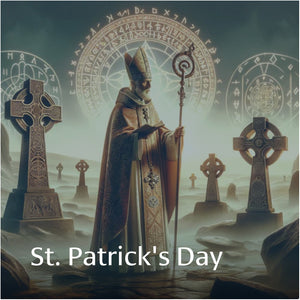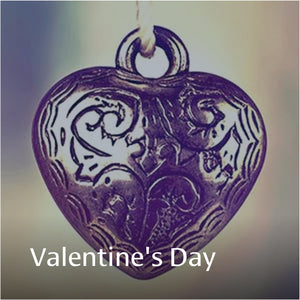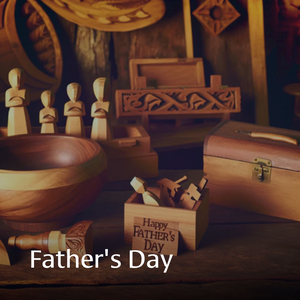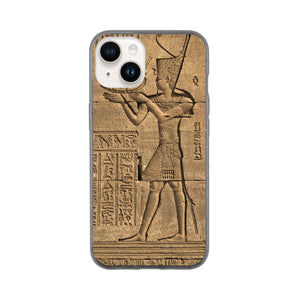
Was the Fearless Warrior Queen Boudica Not British At All?
- Regular price
- $17.00
- Sale price
- $17.00
- Regular price
-
- Unit price
- per
-
Product Information
Her home, plundered, her body flogged, her daughters raped – and her vengeance… complete.
During the reign of Queen Victoria and the English Renaissance, the fame of her namesake in meaning—Boudica, first century AD queen of the Celtic Iceni tribe—experienced a historical revival. Roman historians Tacitus and Cassius Dio related how Boudica had led an uprising against the conquering forces of the Roman Empire in 60 or 61 AD. This statuesque woman who was flogged in punishment, and witnessed her daughters raped, is regarded as an important cultural symbol in the United Kingdom. It is said that 80,000 people died in the revolt when she burned down Camulodunum (modern Colchester) and destroyed Londinium (modern London) in a rage—torturing and crucifying any survivors.
The Boudica story, however much it has fascinated us, and however well it has been presented, has always left us with many questions unanswered. Who was Boudica? Where did she come from? How come she and her husband were promoted as overseers of the Iceni tribe?
Tom Hamilton adopts a different stance, looking outwards from the insular, patriotic British viewpoint, away from the Iceni, to understand the ancient Atlantic cultural reality, at a time when there were no borders or nations. Boudica’s statue at Westminster holds the clues, the Latin texts pose the questions. There was always more to this legend, just begging to be found. His research takes us to a small, mountainous region of ancient Iberia still famous for its strong, fearless women. There it is that we will find answers to the identity of the fearless woman who dared to say NO to Rome.
Born in Burnham, England in 1959, Tom G. Hamilton moved to the interior of Portugal in 1992. He is currently investigating the ancient peoples of Beira Baixa, a small region in the interior of Portugal. He has made documentaries and films about the region, music, and the culture, and is currently writing a book about one of his discoveries— unique Iberian turquoise. He is a trained language teacher, professional musician, songwriter and producer, gem-hunter, artisan, investigator, and writer.

